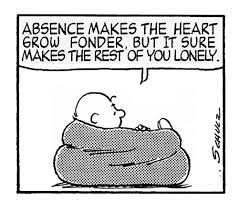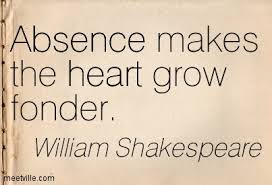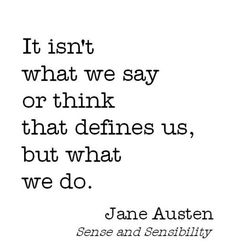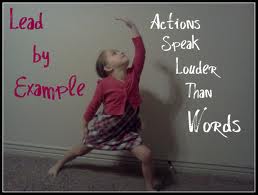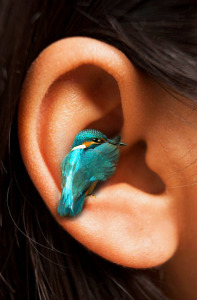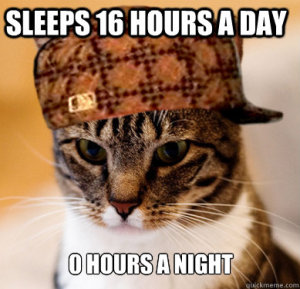15 Ways to Be Happier in 2015
New year. Happier me.
I’ve never been a huge fan of the resolution list craze and I don’t believe in holding off on pursuing goals that can be accomplished before the first of the year. That may be the overachiever in me talking. I’m all about personal development, but getting in better shape, eating healthier and spending more time with family can all start now depending on how bad you really want it right?
So for the purpose of this list, I’ll focus on what it all comes down to anyway — being happy. Starting new routines, kicking old habits and living the way we really want is largely based on our desire to genuinely be the happiest person we know. Who doesn’t want to be that person?!
Before we raise our champagne flutes and toast to the beginning of the New Year, here are 15 ways we can be happier when it’s time to greet 2015.
Cues the “Auld Lang Syne.”
1. Slow down and enjoy the little moments.
Stop being too busy to taste the flavors in your food, to hear yourself think, to watch the sunset or to listen to the words of your favorite song.
2. Say no to time-wasters and space-fillers.
Your days are valuable and should only involve valuable things and people. You can’t be everywhere at once and you can’t be everything to everybody. Choose what and who is deserving of your time and let the rest fall by the wayside.
3. Be more honest and open with yourself.
What do you really want to do with your life? Is the current path you’re on something you’re passionate about or are you doing it because society’s roadmap told you so? Stop getting in more debt attending a grad school program that does not align with your passion.
4. Take more risks.
Seriously. Get out there and get messy. Make mistakes and fail a few times. Fail again after that. Let the challenges help build your character because the success that follows will be worth it.
5. Assess your circle of friends.
Are you constantly giving and listening to other’s drama and not receiving anything in return? Do the people you lean on really support and uplift you? Do you genuinely feel like they have your best interest at heart? Remember, the five people you spend time with the most are a telling sign of who you are.
6. Realize the past can’t be changed.
Like ever. Stop reliving what could have been or obsessing over how the situation may have played out differently if you would have gotten one more word in or reacted better. It didn’t work out for a reason. Take the lesson from it and find comfort in knowing that what’s meant for you will come in due time.
7. Find the time to help someone in need.
Lend a listening ear or a firm shoulder to lean on. You never know when the person doing the needing will end up being you.
8. Stop making excuses for not living out your dream.
If others can do it, so can you. A few years from now, you’ll be upset with yourself for all the time you wasted and find yourself stuck dwelling on what could have been.
9. Be happy for others.
Being jealous or fake happy is draining. Genuinely be happy for other’s success because you’ll want them to be happy for you when you share your good news.
10. Give what you’d like to receive.
If you’re seeking compassion, show it to others. What goes around, always comes back around.
11. Leave expectations at the door.
People grow, change and make mistakes. Some people will help you while others will attempt to bring you down. Don’t expect too much from anyone either way. The only person’s actions and mind you can control is your own.
12. Validate yourself.
Don’t worry about what others think or don’t think of you. What weight does their opinion carry anyway? Think highly of yourself and give yourself permission to be great.
13. Stop settling.
Being single is better than being unhappy and working 80 hours a week doing something you love is better than working eight hours a week doing something you hate.
14. Respect your own privacy.
Keep some things to yourself. Not everyone needs to know every detail about your relationship or what’s going on at your job, even if they are family and friends. Savor certain moments despite the burning desire to show and prove.
15. Live in your own purpose.
Don’t follow the crowds. Trying to emulate others deters you from that special path you were meant to take. Be inspired from their journey and put that energy into who you were meant to become.
[gap height=”15″]

 Hi, hello.
Hi, hello.